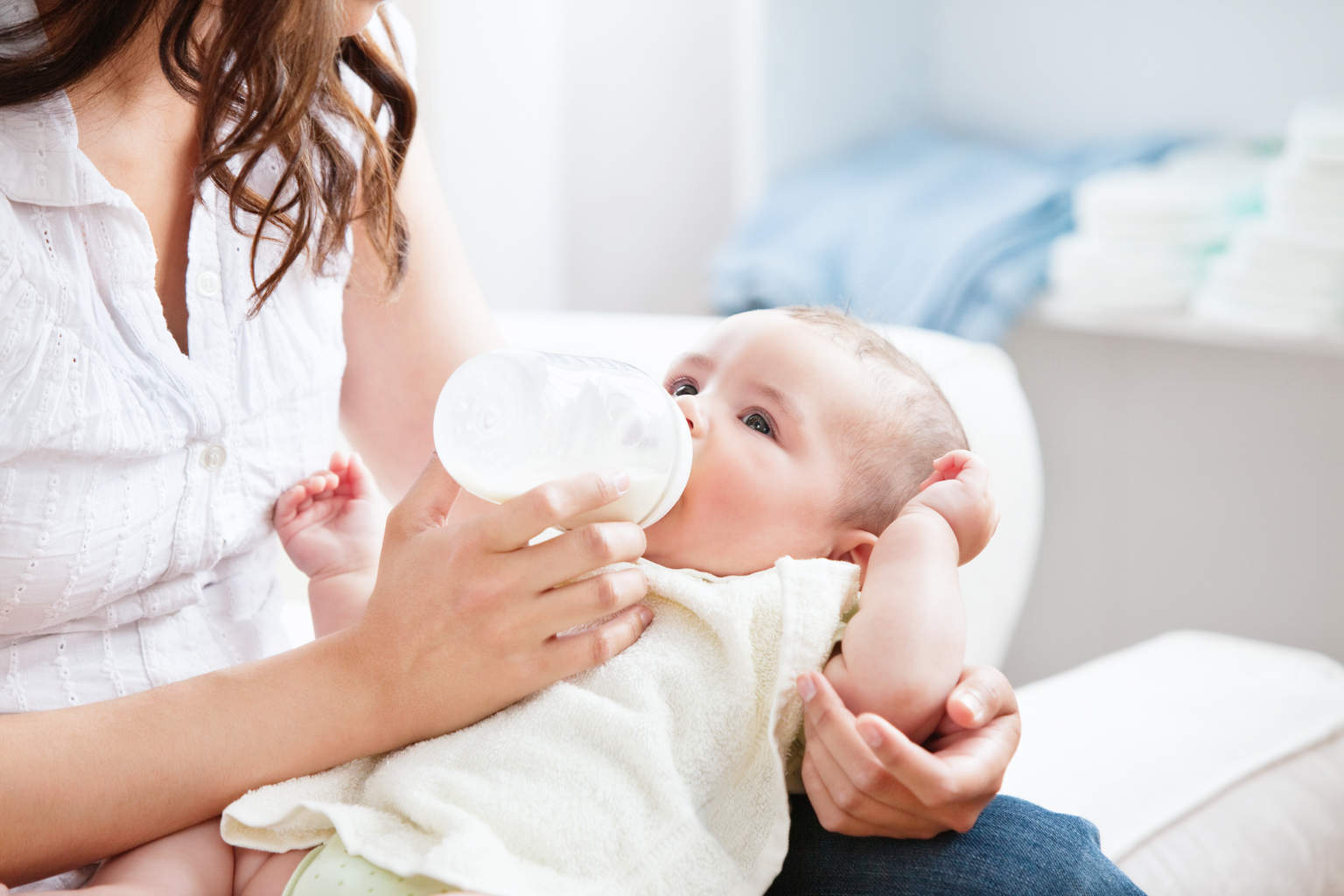Contents:
- Medical Video: The NIFTY ™ Cup: A Feeding Tool for Babies Who Can't Breastfeed
- How to move from breast milk to cow's milk
Medical Video: The NIFTY ™ Cup: A Feeding Tool for Babies Who Can't Breastfeed
Your baby's body cannot digest protein in cow's milk. Drinking cow's milk too quickly can make them at risk for cow's milk allergy. Cow's milk does not have all the nutrients (such as vitamin E and zinc) that babies need to grow and develop in their first year.
Cow's milk can also make the kidneys work harder, because cow's milk has higher sodium, potassium and chloride than the baby can process. In addition, cow's milk can result in iron deficiency, because babies under one year cannot really absorb iron in cow's milk.
How to move from breast milk to cow's milk
Infants less than one year old need nutrients from breast milk or formula milk. Babies who are breastfed for more than one year may continue breastfeeding, if desired, but at that time you can start offering milk to your baby. Why not low-fat milk or skim milk? Because many babies need fat in milk to support normal growth and brain development during the initial busy period of toddlers.
You can start your baby's transition from breast milk or formula milk to cow's milk by starting to replace the contents of a milk bottle — or a pacifier — with cow milk. At the age of 1 year, your baby can eat a variety of other foods and also drink about 2-3 glasses (480-720 ml) of milk every day.
If your baby uses soy milk or a hypoallergenic formula, consult a doctor before introducing milk.












